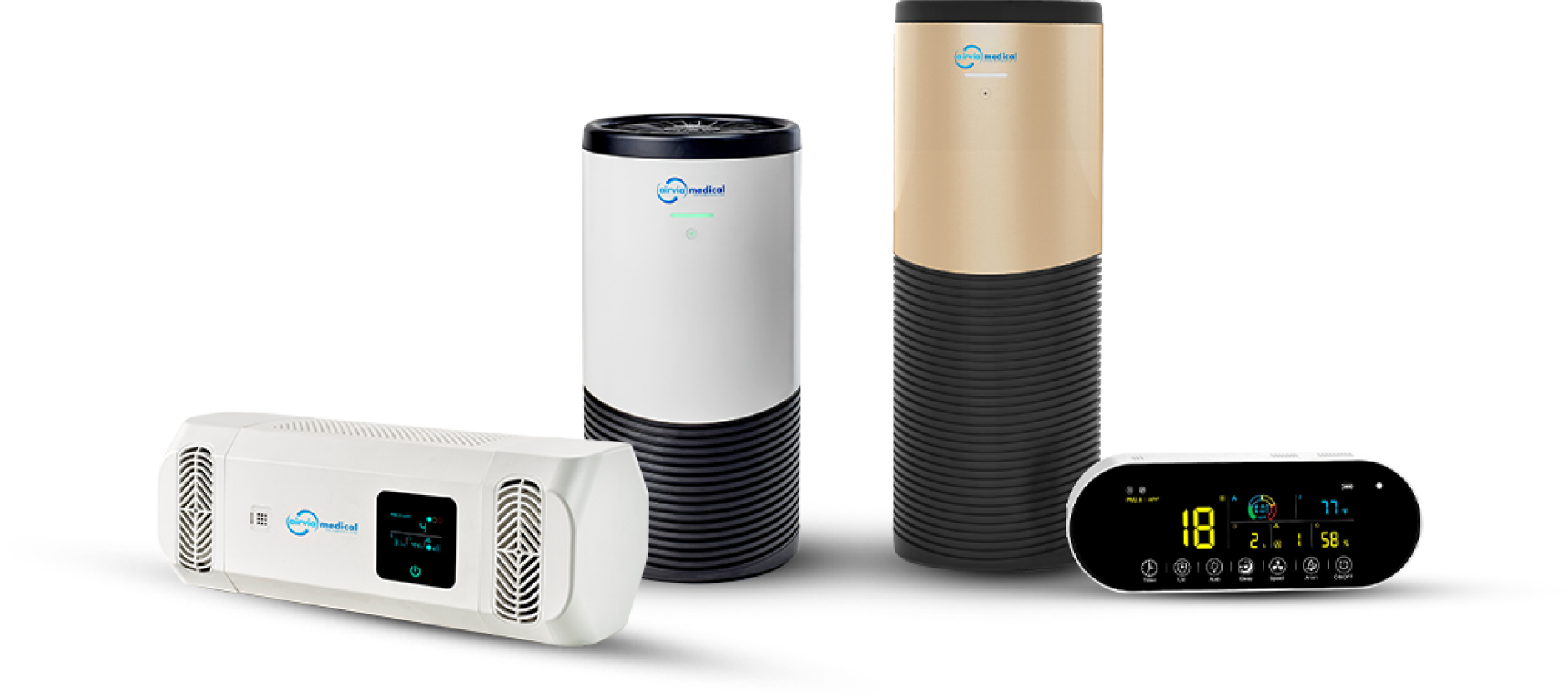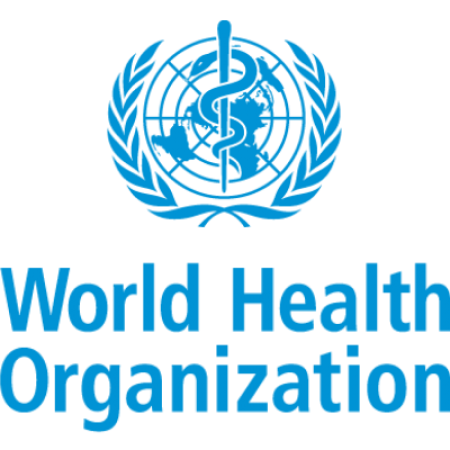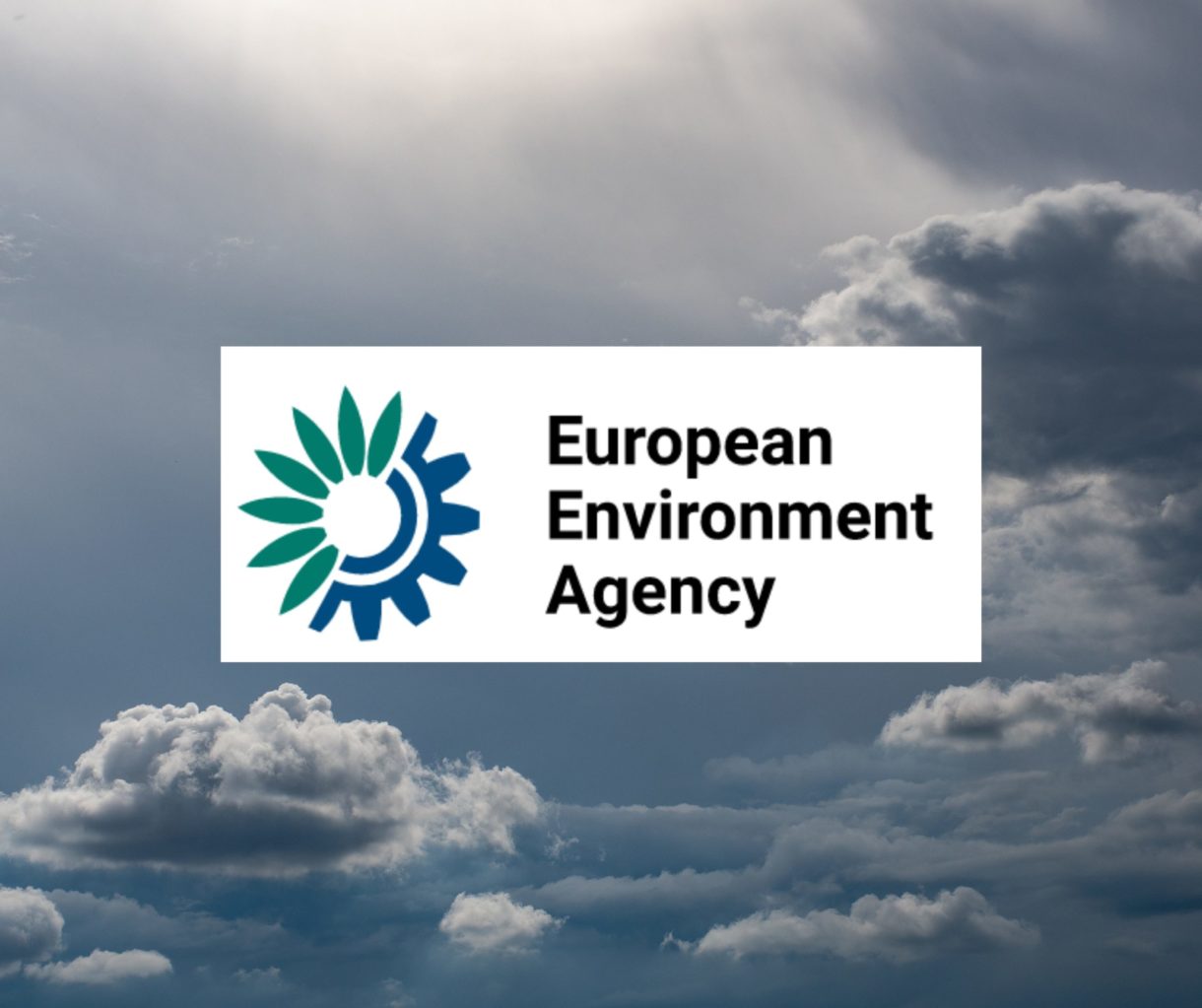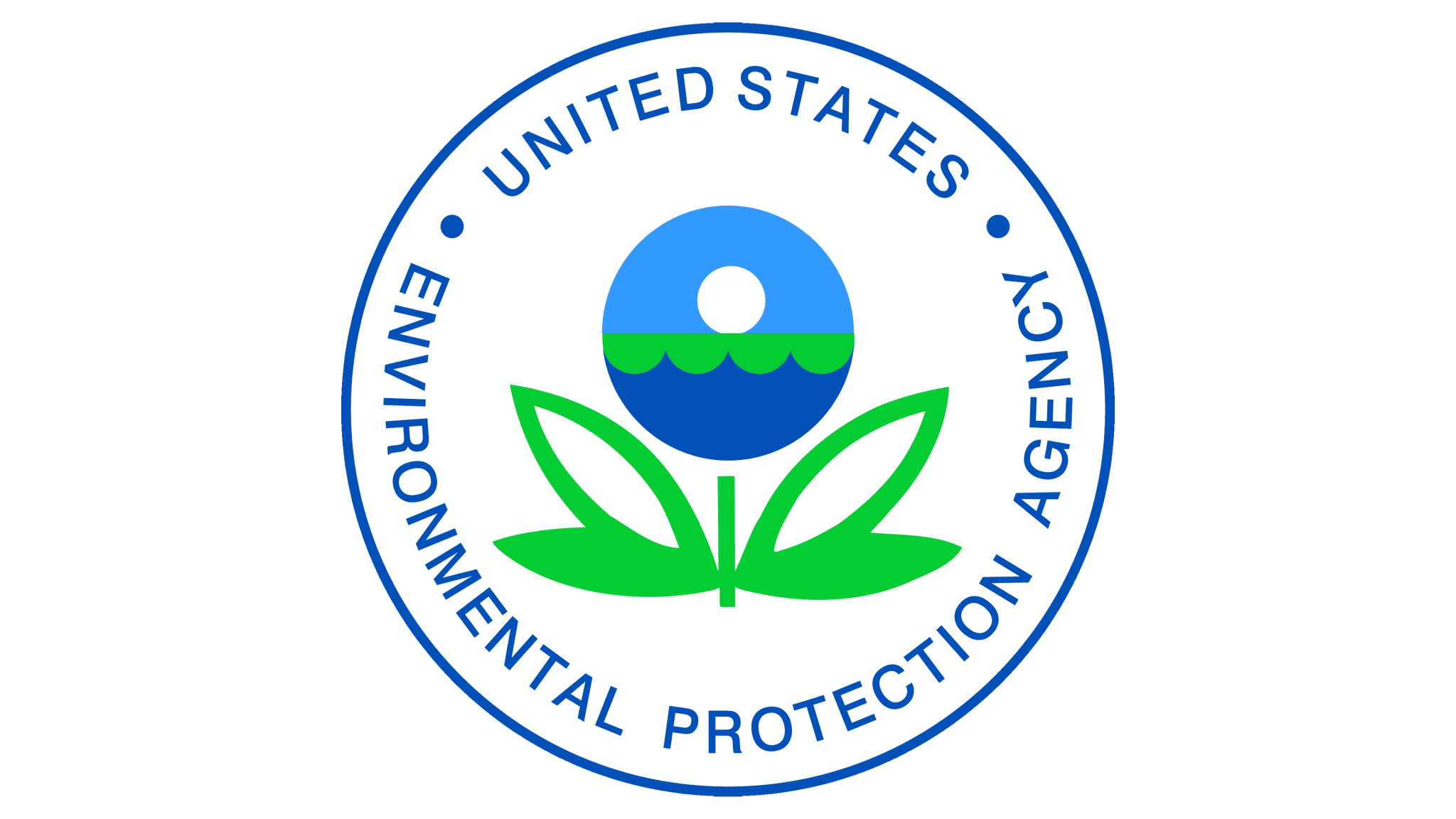Transport, domestic activities and agriculture are the main contributors to air pollution-related deaths in European cities, a new study by the Institute for Global Health in Barcelona found.
The research centre analysed two of the main pollutants in the atmosphere, nitrogen dioxide (NO2) and fine particle matter (PM2.5). Emissions from vehicles lead to 50 per cent of all NO2-related deaths, followed by industrial pollution and fumes generated by the energy sector.








